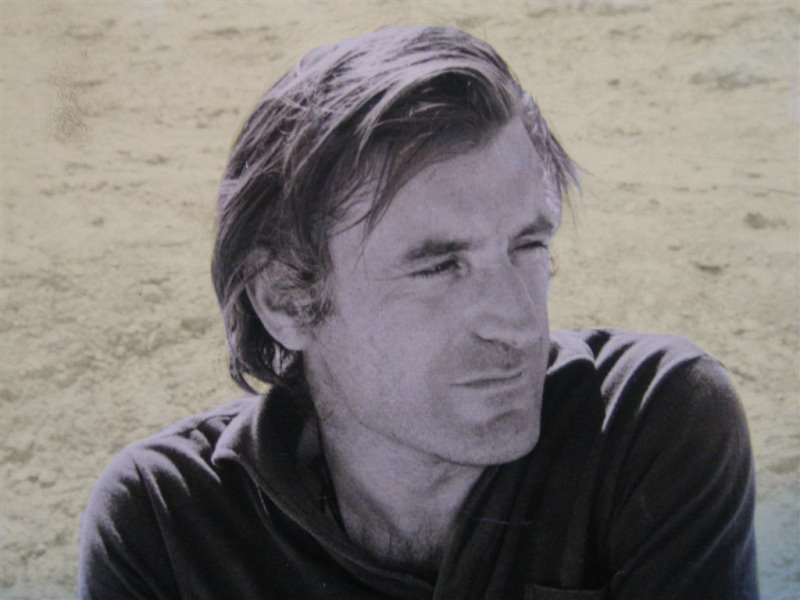
Ted Hughes gives his mother-in-law an update on his and Sylvia Plath’s activities, mixing his reflections on writing with comments on everyday life.
[Early July 1958]
Ts Lilly Library
Dear Sylvia’s mother,
today is the second of a wonderful spell of relief. The sudden heat came too quickly and too strongly for us to adjust to, so we were a bit demoralised and I lost two night’s sleep. The change has restored us miraculously to industry and mood. Sylvia has a new interest which I suppose she’s told you about. We found a little bird at the foot of a very high tree. It looked to be dead, but when we payed attention to it it showed itself quite interested. We brought it back, and now Sylvia feeds it chopped steak every couple of hours or so. No bird in Massachusetts gets fed so well, or looked after so carefully. It ought to have an unusual personality. It’s amazing how quickly it seems to have acquired a little character and identity, quite important, and not at all to be neglected.
On Monday we went up the mountain again, this time walking from the very bottom and in terrific heat. Probably that was the deciding blow in our three day knockout. We all but caught a ground-hog, a little fat brown furry rat-bear of a creature. It couldn’t run very fast, so backed up under a bank and chattered its teeth at us very gallantly. We watched it for quite a long time, but it wouldn’t move from its position till we had gone. All kinds of birds, insects, flowers, none of which we seem to know the name of, to our grief. How ignorant we are. Because these are the things we really should know, much more than who is the villain in the Bostonians.
Attempting to keep just a little fit in the paralysing heat I put my neck out, I’m writing a story in which one of my main characters slips a disk, or says she slid a disk. This isn’t the first time I’ve noticed how often something I’m writing about tends to materialise in real life in some way. Sometimes frighteningly. This is a mild case, fortunately. But uncomfortable. Another of the characters in the same story wins 75000 pounds on the football pools so we’re waiting confidently.
I brought a load of books out of the library. Two of them by Rachel Carson, books about life in the sea which are wonderful. Sylvia is in raptures. I started one yesterday and couldn’t put it down till I had finished it completely.
Writing is going steadily. Sylvia has written two or three first class poems, as strong as anything she has done, and I think the unbroken practise is necessary—her style and self are changing so rapidly that it is a continuous labour to bring the two together. This is one of the main problems in poetry writing I think, bringing your style to unity with your experience. It would be easy if your experience weren’t continually outgrowing itself. As it is one’s style is always just a bit out of date.
I thought we would naturally go down and pick up Warren, but I was imagining the distance to be about the same as between here and Wellesley, which I would have seen for nonsense if I had bothered to think for a second. As it is, probably you’re right. It would be very nice, though, for him to be just picked up and be in a way home immediately.
This letter, I see, wouldn’t get very full marks in a typing class, or even in an English class. One has to be very strict to check all the mind’s little punning and inverting games, which don’t matter and are all part of the essentially dreamy operation of composition for oneself. However, just mentally reprimand them.
I have recently written one very good poem, I think very good and so does Sylvia, and am writing other things. We are both about twice as industrious at this as we were at teaching, the way it should be. Look after yourself. Best to Grampy. Love, Ted.
FURTHER READING
To read more about Ted Hughes and Sylvia Plath’s writing process and mutual influences, click here.
For an article by Blake Morrison on nature in Hughes’ poems, click here.


